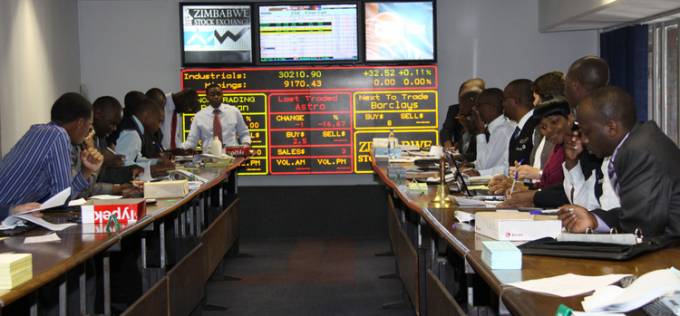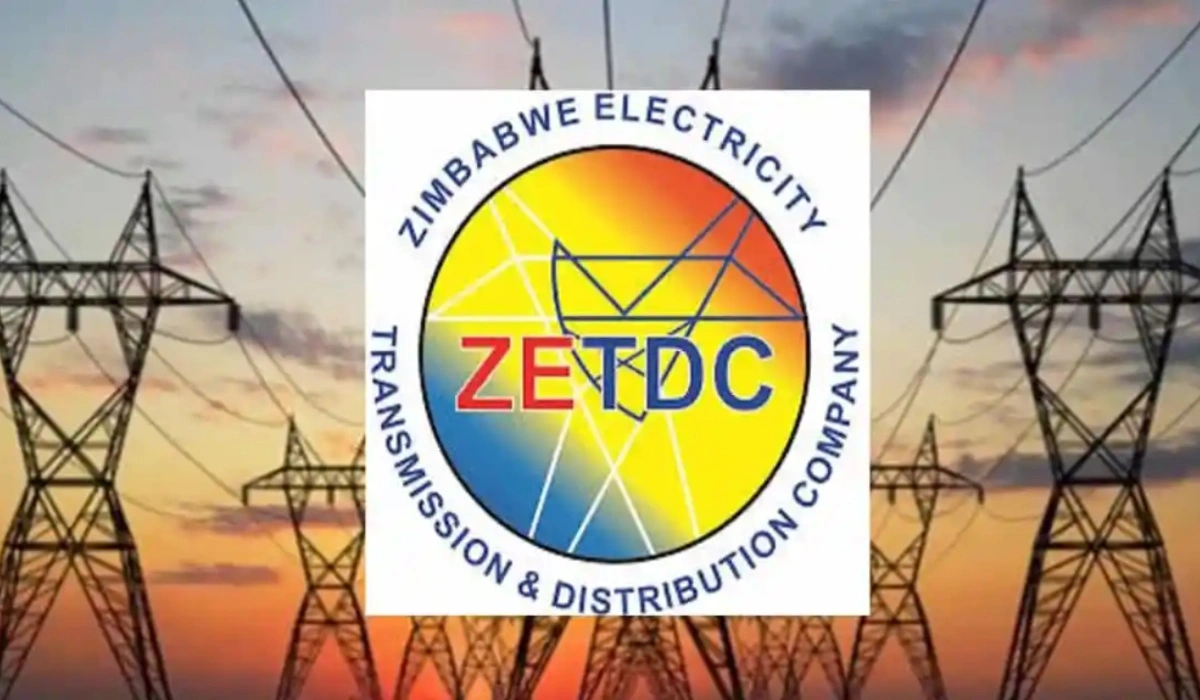Companies listed on the Zimbabwe Stock Exchange (ZSE) and the Victoria Falls Stock Exchange (VFEX) will, starting January 2024, be required to report on sustainability issues as part of their financial disclosures.
Between 2019 and 2020, the ZSE and VFEX updated listing rules, which now compel listed companies to put in place measures to deal with environmental, social, and governance (ESG) issues. The firms were allowed a transitional period for such disclosures.
VFEX and ZSE chief executive officer (CEO), Justin Bgoni, said in a notice that both exchanges allowed for a transitional period for issuers to adopt a set of requirements and offered area-specific training before enforcement of the requirements.
“The stock exchanges have developed core sustainability disclosure metrics for adoption as a minimum starting point, and other issuers have already made efforts to adopt and report on sustainability.
“However, effective January 1, 2024, the requirement will be implemented by all listed entities,” he said.
Investors have been increasingly pushing for the incorporation of non-financial activities, which has prompted regulators to make them mandatory.
Training sessions on new requirements have been conducted over the years, and issuers are now expected to include sustainability information in the chairpersons’ statement of the annual report and the organization-specific strategies for addressing sustainability issues.
Bgoni said, “ Minimum Disclosure Requirements, having taken into account the Global Reporting Initiatives (GRI) Standards and International Financial Reporting Sustainability Standards, the stock exchanges have developed core sustainability disclosure metrics for adoption as a minimum starting point”.
The disclosure matrix includes economic, environmental, social, and governance aspects. “Issuers are, however, not limited to the core disclosure metrics and may provide additional information, including sector-specific metrics. Additionally, issuers are still required to conduct materiality assessments,” he said.
Bgoni said on procurement spending, amounts spent on local and foreign suppliers will be required to be disclosed, as will amounts contributed towards company-based pension schemes and the National Social Security Authority (NSSA).
Regarding environmental disclosure, quantities of materials used in manufacturing primary goods or providing primary services should be made public. That applies to energy, water consumption, waste generated, and emissions.
On social disclosure, firms are required to make a public headcount of employees recruited and turnover (departures), excluding contractor employees. Company employees and contractor employees should be disclosed separately.
In local communities, firms are required to disclose development programs supported and amounts donated or contributed towards community or societal needs, as well as disclosures of Social Development Goals (SDGs) contributed.
On governance disclosure, board members’ highest qualifications and experience and other commitments, such as directorships in other companies, would not be included in reports.
In the Zimbabwean context, ESG, or sustainability reporting, is not a new phenomenon, particularly for listed companies that have been obligated to commission such reports. The sustainability reporting obligation is prescribed only concerning listed companies in Zimbabwe, the drive towards ethical and sustainable business has been paramount.







Comments